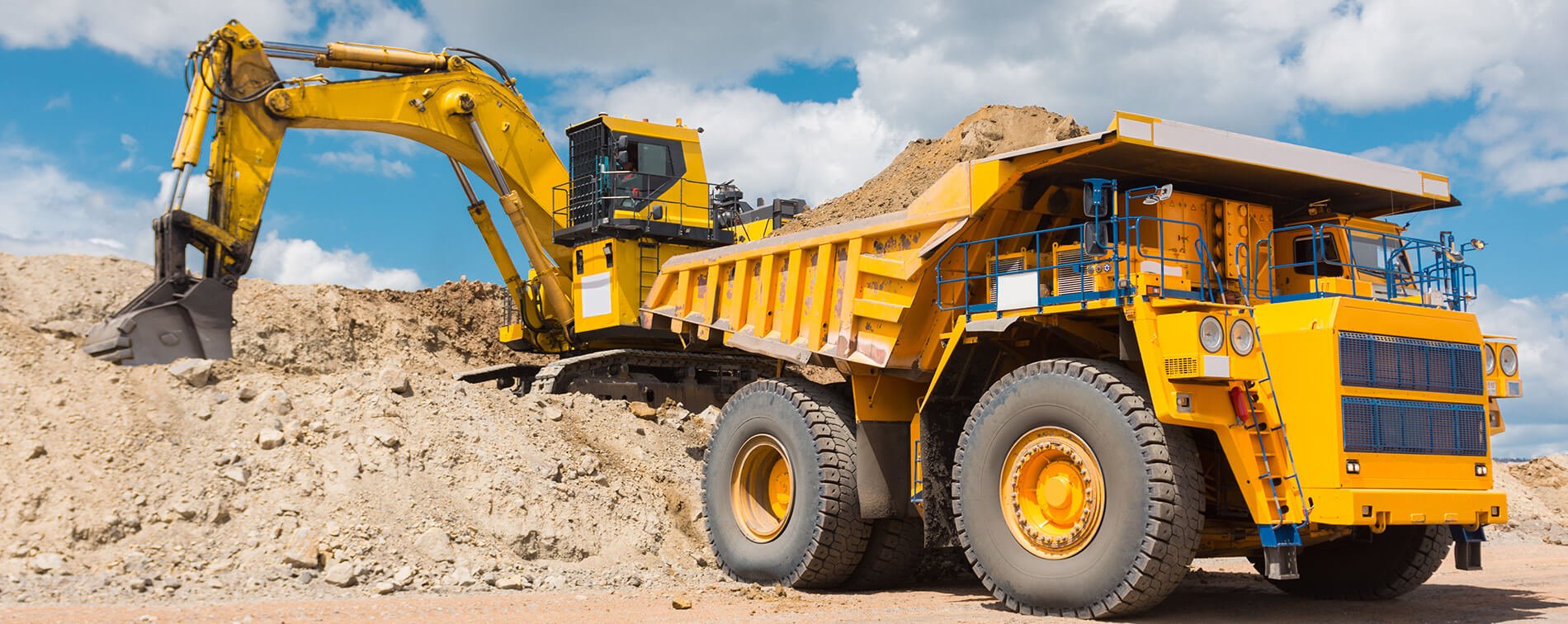Top-notch Construction Equipment Rentals to Boost Your Operations
Exactly How Tools Rental Provides Accessibility to the most up to date Innovation Without the High Expenses
Equipment rental presents a viable option, enabling organizations to utilize advanced tools without the considerable economic burden of possession. The implications of this technique extend beyond mere expense savings, raising important inquiries about how businesses can strategically make use of rental options to make the most of efficiency and innovation.
Benefits of Equipment Rental
In today's swiftly advancing technical landscape, tools rental supplies a plethora of advantages that provide to both individuals and companies. Among the key advantages is access to sophisticated technology without the concern of ownership. This makes it possible for users to remain existing with the most up to date advancements, boosting performance and competitiveness in a busy environment.
In addition, tools rental offers flexibility in regards to usage period. Whether for a single job or a long-term demand, clients can select the rental duration that finest suits their requirements. This versatility is particularly beneficial for organizations that experience rising and fall demands.
Furthermore, the rental model usually consists of upkeep and support, guaranteeing that users obtain fully operational equipment without the inconvenience of managing repairs or maintenance. dozer rental. This minimizes concerns concerning downtime and allows companies to concentrate on their core tasks
Another considerable benefit is the reduced storage and logistics issues connected with having equipment. Renting out removes the need for huge storage space rooms and the intricacies of transport, enhancing procedures. Overall, devices leasing offers a calculated remedy for accessing sophisticated innovation while maximizing operational effectiveness.
Price Financial Savings Compared to Investing In
Cost cost savings represent an engaging reason to take into consideration devices leasing over outright buying. When companies evaluate their capital investment, the economic ramifications of acquiring equipment can be considerable. The initial financial investment needed for new innovation can diminish spending plans and restriction capital, particularly for businesses that count on costly machinery or specialized devices.

Furthermore, renting out decreases maintenance and repair work costs, as these obligations usually are up to the rental firm. Organizations can stay clear of the financial burden of equipment devaluation, which can decrease the possession's worth in time. Furthermore, rental companies usually provide insurance policy alternatives, further eliminating businesses of prospective liabilities connected with tools possession.

Accessing Advanced Technology
Accessibility to sophisticated innovation is an essential factor for companies aiming to preserve a competitive side in today's fast-paced market. Equipment rental offers a tactical solution for organizations looking for to utilize cutting-edge tools and equipment without the considerable economic worry associated with straight-out acquisitions. By renting out equipment, companies can access the current versions and technologies that may not be possible to purchase because of budget restraints.
This strategy makes sure that firms continue to be updated with technological advancements, allowing them to boost efficiency and efficiency. Markets such as construction, manufacturing, and IT benefit dramatically from leasing customized devices that would certainly otherwise require significant funding financial investment. With tools leasing, services can reduce grader heavy equipment the risks related to rapid technical obsolescence, as they can quickly exchange obsolete equipment for the most recent variations as needed.
Additionally, renting allows companies to test advanced modern technologies before making a long-term commitment, assisting them make educated choices based upon real-world efficiency. Ultimately, equipment rental functions as a sensible approach for organizations to harness the power of innovative technology, driving innovation while protecting monetary sources for various other critical functional demands.
Adaptability and Scalability
Flexibility and scalability are important elements for organizations browsing the complexities of modern-day markets. Devices rental deals companies the capacity to adjust their sources according to fluctuating needs without the worry of lasting commitments. This flexibility is specifically important in markets that experience project-based work or seasonal heights, where the need for certain innovation can vary dramatically.
By renting devices, organizations can scale their procedures up or down swiftly. Leasing enables them to access cutting edge tools precisely when called for, optimizing both performance and spending plan allocation.
Furthermore, rental contracts frequently come with upkeep and support services, even more enhancing service dexterity. Business can concentrate on their core procedures, knowing that they have the essential devices to meet changing demands. In significance, tools rental encourages companies to react to market characteristics properly, providing a calculated advantage in today's busy environment.
Making Educated Rental Selections

Following, businesses need to review possible rental providers by considering their reputation, the quality of their supply, and the level this link of customer assistance offered. It is necessary to evaluate rental arrangements completely, paying close focus to terms related to insurance coverage, responsibility, and upkeep. Comprehending these details can ensure and prevent unexpected costs that the devices is in optimal condition.
In addition, organizations ought to look for to comprehend the most up to date technology fads associated with their industry, as this expertise can influence rental choices. By staying informed concerning advancements, companies can choose tools that improves productivity and performance.
Verdict
To conclude, devices rental acts as a calculated remedy for companies seeking accessibility to sophisticated technology without incurring considerable costs. By facilitating price savings, offering adaptability, and making it possible for notified choices, this approach empowers organizations to adjust to progressing project demands while staying financially prudent. Inevitably, equipment leasing enhances operational efficiency and productivity, making sure that business can utilize the most up to date technologies to preserve an one-upmanship in their corresponding sectors.
Rental arrangements usually entail reduced ahead of time expenses, as organizations just pay for the duration they require the equipment. Rental business frequently give insurance options, additionally soothing services of prospective liabilities associated with devices possession.

In final thought, equipment rental serves as a click this strategic solution for companies looking for accessibility to advanced innovation without incurring significant costs.